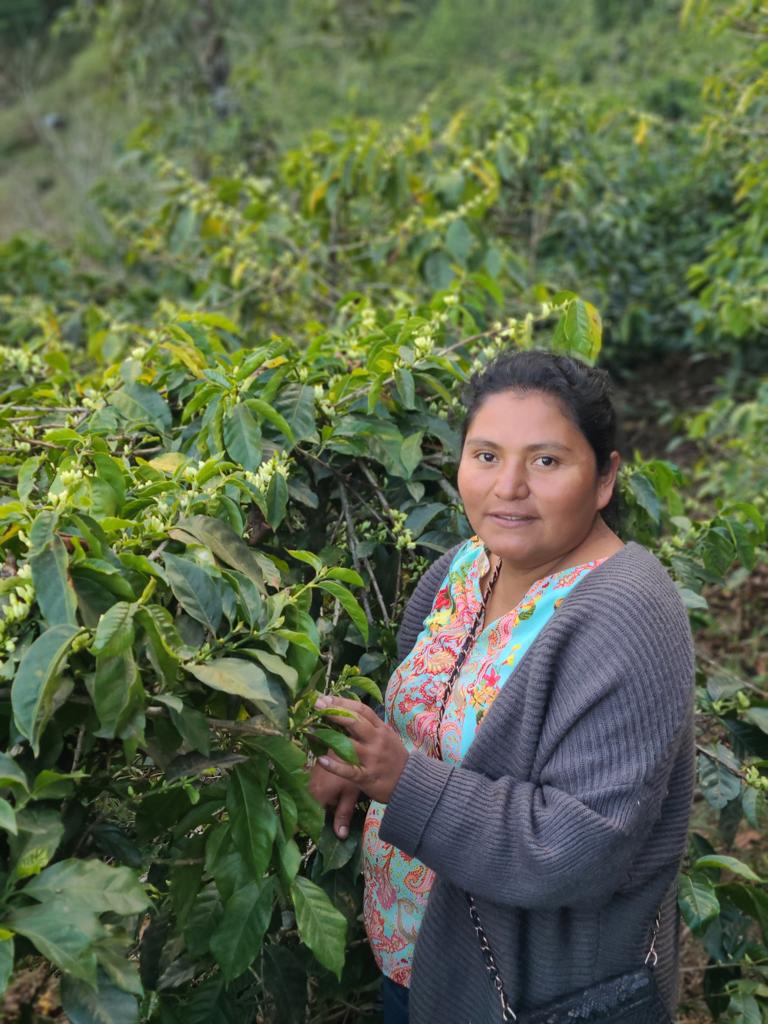
Women’s contribution to the coffee growing industry is significant: up to 70% of the labour is provided by women on average across coffee-producing countries, reaching up to 90% in some countries for field work and harvesting. But even though women make up a large majority of the workforce, only a third of them own and operate coffee farms.
In fact, systemic gender gaps are prevalent across the growing industry, from access to land, information and finance, to the unequal distribution of responsibilities, with women performing the more labour-intensive tasks like harvesting and men playing a key role in marketing and selling the crops, giving them more control over the revenues.
Women own on average 25% less land than men. Similarly, access to credit and financial support is more limited for women, and the unequal distribution of household chores and childcare means it is harder to invest in education and professional development. In turn, women typically earn significantly less money than their male counterpart.

Investing in women, empowering them with knowledge and tools, will not only benefit them (with higher yield, higher revenue, etc) but also their families and communities. Many initiatives have emerged in the last 10 to 15 years to address the systemic imbalance between genders, either at a global level or through individual initiatives.
Farmer Aracely Martinez Gomez, a coffee grower in the Lempira region of Honduras, founded Tierra Lenca in 2015. The local organisation helps 18 women coffee producers from the surrounding area market their coffee and finance communal washing stations, quality tools and essential training. For our Outliers series this year, we picked one of Aracely’s coffees, grown on her farm La Aurora, which she’s owned since 2015. It encapsulates her work for Tierra Lenca: thanks to training, she can experiment with fermentation to improve the cup quality of her crop. The cherries are left whole in GrainPro bags for up to 190 hours. Added access to resources means Aracely can then dry the cherries on solar coffee dryers, which shelters the coffee from the elements and increases consistency and quality.

This translates in the cup, with a complex, juicy and resolutely sweet taste profile. Delicate florals shine throughout, while the bright acidity is reminiscent of passionfruit, and is layered with a confectionery sweetness that brings raspberry lollies and coconut sugar to mind.
Although these individual initiatives are invaluable in making a difference at a local scale, intervention across the entire coffee supply chain is required to address the systemic inequalities. Roasters and consumers alike play a key role in supporting women producers and ensuring the sustainability of their ventures.
